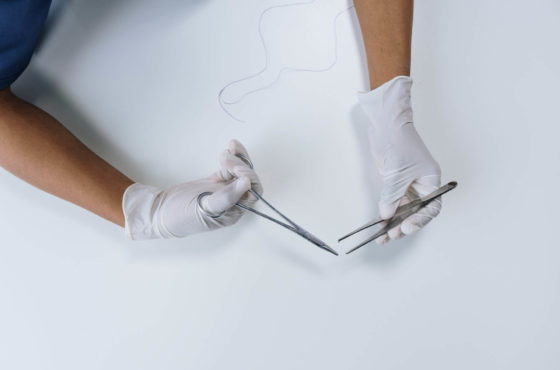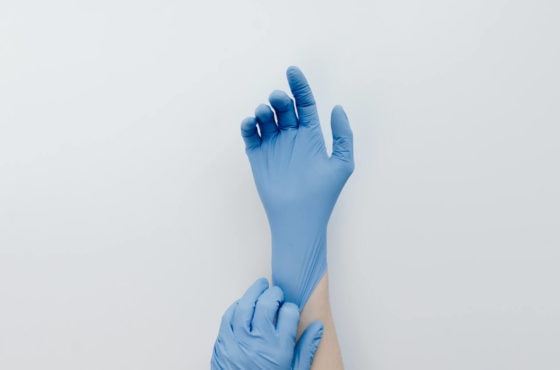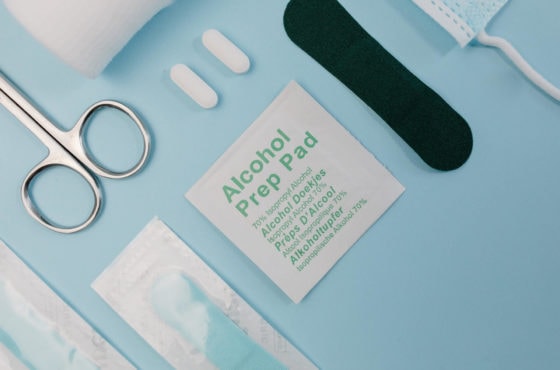A surgeon uses stitches and staples for wound closure after surgery. However, these materials are not perfect, and a surgical incision may reopen, either partially or completely. This condition is also known as wound dehiscence.
A surgical site infection is known as a common cause of wound dehiscence. In surgery with staples, infection is also the most common problem that arises from a surgical wound. In fact, according to plaintiffs who have filed a surgical stapler lawsuit, they have suffered serious injuries and complications from infected staples, including blood loss, internal bleeding, infections, and pain, among others.
This article will focus on the reasons why a wound dehiscence occurs and what you can do once you have noticed this problem in your wound.
Why Does Surgical Wound Dehiscence Occur?
A number of medical conditions, situations, and even activities may put you at an increased risk of wound dehiscence. These risk factors may include:
- Age. Aside from having a thinner skin that’s mroe prone to injury, older people also tend to have medical conditions that slow down the wound healing process.
- Diabetes. Wound healing in diabetic patients is impaired as a result of narrowed blood vessels.
- Surgical wound infection. An infected wound impairs the healing process, making one more likely to be at risk for wound dehiscence.
- Obesity. Obesity significantly impacts healing because fat cells have poor oxygenation compared to other tissues.
- Smoking. Nicotine narrows the blood vessels that bring nutrients, oxygen, and healing factors to an injured tissue.
- Poor nutrition. Inadequate nutrition can inhibit healing due to a lack of nutrients that play an important role in wound care and management.
- Steroid medications. Long-term use of steroids has been found to cause dehiscence of surgical incision, increased risk of wound infection, and impaired healing of an open wound.
- Inexperienced surgeon. A surgeon’s experience level may impact how long the surgery is going to take, how it will turn out, and if the stitches or staples used are going to be applied properly. A surgeon with less experience may put you at risk of wound reopening if the medical tools were not properly used.
Increased physical activity following surgery may also increase the risk of surgical wound dehiscence. Activities such as lifting, straining, coughing, sneezing, and laughing may put increased pressure on wounds, causing them to split open.
Signs and Symptoms of Wound Dehiscence
Stitches or staples are used by surgeons to hold wound edges together in order to promote healing. However, at times, they may split apart and the incision may start to gape open as well.
Dehiscence can be identified by the feeling that the wound is giving way or ripping apart.
Some of the common symptoms of dehiscence include:
- fever
- inflammation
- swelling
- bleeding
- wound drainage (pus-filled)
- pain at the wound site
What to Do if a Surgical Wound Starts to Open
Once you start noticing a problem with your wound following surgery, you should monitor it closely and see if the condition worsens. Even if the problem seems minor, you should notify your surgeon about it.
This is because even small openings or a small gap may allow bacteria to enter the wound, which puts you at an increased risk of having an infected wound and may cause it to further open.
It’s better to seek medical attention even for minor problems, as your surgeon will be the judge of whether or not you should be seen in the office for evaluation and treatment.
If there’s a small opening but most of the wound is intact, your surgeon may recommend an antibiotic ointment to be applied on the wound and may cover it with a clean bandage afterwards. However, if the wound has substantially opened and left a space between the sides of the incision, the surgeon may reclose the wound or prescribe antibiotic medications.
If you are called to be seen in the office, your doctor may tell you the potential complications that you are going to face, depending on the appearance of your wound. They will also be able to decide what type of treatment you are going to require.
How to Prevent Wound Dehiscence
To prevent wound dehiscence after surgery, you should follow your doctor’s instructions regarding wound care and best practices for surgical recovery.
This may include being extremely careful in the first 2 weeks of recovery. It may seem simple, but taking a quick walk after the procedure may help prevent serious complications like pneumonia and blood clots.
Close monitoring of your incision daily will also help you spot anything that looks or feels suspicious before they even become severe.
If you observe that the incision is having delayed healing, you should address it with your surgeon. You know your body the most. If something does not feel right to you, it’s better to seek medical attention than to skip it and develop more complications later.
How is Dehiscence treated?
A dehisced wound requires immediate medical attention. Some of the methods used by doctors to treat dehiscence are antibiotics to prevent future infections, or debridement, which is the removal of any dead, damaged, or infected tissue to promote better healing of the remaining healthy tissue.
At times, additional procedures or surgery may be required to treat the dehisced wound. For instance, an abdominal wound that has popped open may require surgery for reclosure.
In rare cases, dehiscence can also escalate to evisceration, which is a severe surgical complication where the incision opens wide and the internal organs come out of the open incision.
In this type of rare yet severe cases, surgery will be required to repair the incision. Seek emergency medical attention if you are experiencing evisceration. Never try to push any internal organs back to your body.
The Bottom Line
Being informed of what to do when a surgical wound reopens will allow you to react and seek professional help promptly, which may also help you prevent future complications.
Carefully observe your incision daily and keep it clean but be sure not to overdo it with harsh cleansers. If the surgical wound starts to open, talk to your doctor for medical advice.



